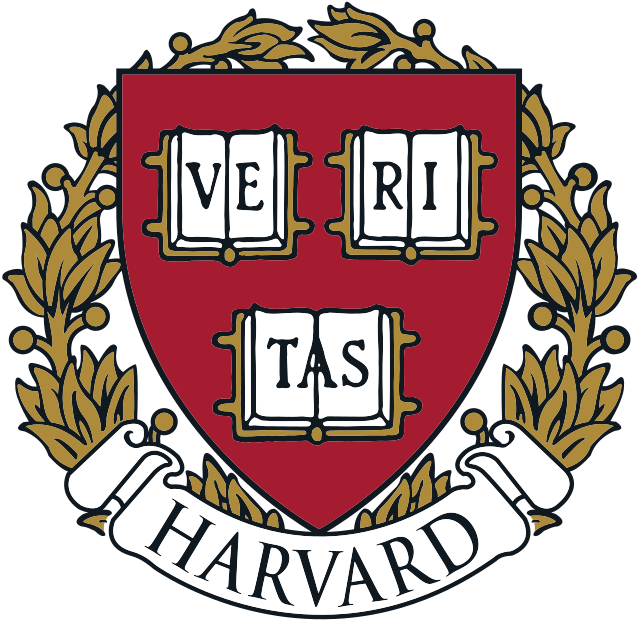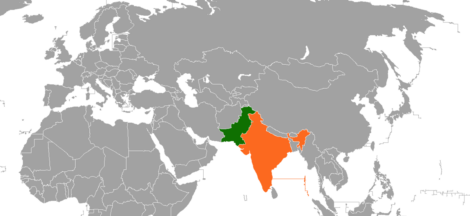Harvard University has been stripped of its authority to enrol international students after the Trump administration revoked its certification under the Student and Exchange Visitor Program . The decision, announced on 22 May by Homeland Security Secretary Kristi Noem, immediately bars the university from admitting new foreign students and places nearly 6,800 current international enrollees at risk of deportation unless they transfer or adjust their immigration status.
The Department of Homeland Security justified the revocation by citing Harvard’s alleged failure to comply with federal demands, including the provision of detailed records on foreign students and the handling of campus protests. The administration accused the university of fostering an unsafe environment, promoting antisemitism, and collaborating with the Chinese Communist Party—claims Harvard has categorically denied.
Harvard condemned the action as unlawful and politically motivated, asserting its commitment to legal principles and academic freedom. A university spokesperson stated that Harvard would continue to support its international community and pursue legal avenues to challenge the decision.
The revocation of SEVP certification is part of a broader crackdown by the Trump administration on elite academic institutions, particularly those perceived to have ties to foreign entities or to be critical of government policies. This move follows the administration’s earlier actions, including the freezing of over $2.2 billion in federal funding to Harvard and threats to revoke its tax-exempt status.
International students, who comprise approximately 27% of Harvard’s student body, now face uncertainty regarding their legal status and academic futures. The administration’s actions have prompted widespread concern among academic and civil liberties groups, who view the measures as an overreach and a threat to institutional autonomy.
Legal challenges are underway, with several lawsuits filed against the DHS alleging violations of due process and unlawful visa revocations. A federal judge in California has temporarily blocked the administration’s attempts to detain affected students, providing some relief amid the ongoing legal battles.
The situation has drawn international attention, with foreign governments expressing concern over the impact on their citizens studying at Harvard. The Australian Ambassador to the U.S., Kevin Rudd, described the move as distressing and affirmed efforts to support affected students and engage with the U.S. government for clarity.




 India’s Business Activity Rises To A 13-Month High Of 61.2 In May On Services Sector: PMI Data
India’s Business Activity Rises To A 13-Month High Of 61.2 In May On Services Sector: PMI Data 